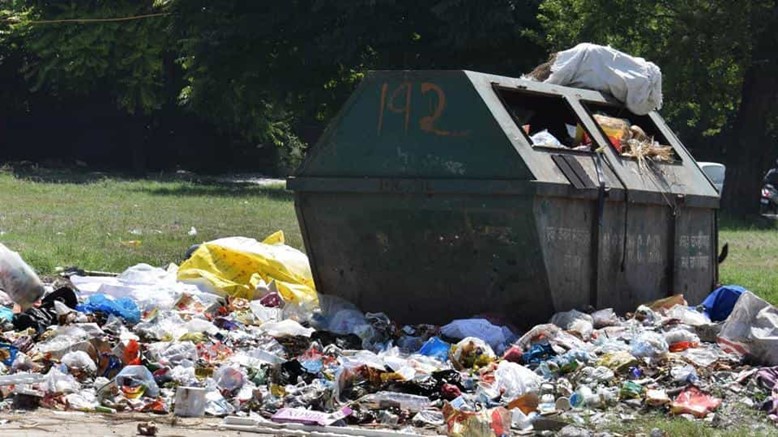Bhubaneswar: Municipal Solid Waste (MSW) management has become a pressing concern amid rapid urbanisation, industrialisation, and population growth. Experts emphasised the need for effective waste management to safeguard public health, ensure environmental sustainability, and enhance quality of life during a session titled Solid Waste Management: A Matter of Serious Concern, organised by the Orissa Environmental Society here Wednesday.
The programme was organised under the chairmanship of OES president Sundara Narayana Patro and working president Jaya Krushna Panigrahi. Panelists including Ministry of Environment, Forest and Climate Change (MoEFCC) former advisor Veerendra Pratap Upadhyay, SPCB former head of Bhubaneswar regional office Hadibandhu Panigrahi and former chief environmental scientist Surjya Sankar Mishra joined the session. Experts discussed in detail the existing rules, various provisions, and proposed amendments and finally made certain suggestions that will be submitted to the Ministry of Environment for inclusion in the final amendment. A significant portion of municipal solid waste (MSW) remains uncollected or inadequately managed, resulting in environmental issues like overflowing landfills, water contamination, and air and soil pollution, experts noted. In India, the waste management process encompasses collection, segregation, transportation, processing, and disposal.
However, it faces substantial challenges due to limited infrastructure, low public awareness, and improper disposal practices. The country generates over 62 million tons of waste annually, a number expected to rise with accelerating urbanisation. According to a recent India Clean Air Network (ICAN) report, Bhubaneswar produces 500 tons of solid waste daily, including 30 tons of plastic waste. The report highlights that the City’s waste composition consists of 61.81 per cent biodegradables, 27.15 per cent inert materials, 7.8 per cent plastic and leather, and 1.25 per cent metal and glass. “The City’s growing waste management crisis is exacerbated by challenges at major landfill sites and systemic inefficiencies,” the report states. To address such issues, the Ministry of Environment, Forest, and Climate Change (MoEFCC) introduced the ‘Municipal Solid Waste (Management and Handling) Rules’ in 2000, providing guidelines for managing urban waste. These rules were revised in 2016 under the ‘Solid Waste Management Rules’ to enhance efficiency and promote environmentally friendly practices. The key provisions of the rules include waste segregation at the source, door-to-door collection, waste processing and recycling, extended producer responsibility and sanitary landfills for safe disposal of residual waste.
Also Read: Govt seeks report on DMF scam
The ‘Swachh Bharat Mission’ launched in 2014 aims to improve cleanliness and waste management in urban and rural areas, which promotes creation of waste-to-energy plants. Despite these efforts, the success of MSW management in the country is hampered by factors such as inadequate infrastructure, lack of enforcement of rules and insufficient public awareness. Keeping these in view, the MoEFCC is now carrying out further improvements in the form of Rules 2025 and has invited suggestions from all the stakeholders to make them more effective.
